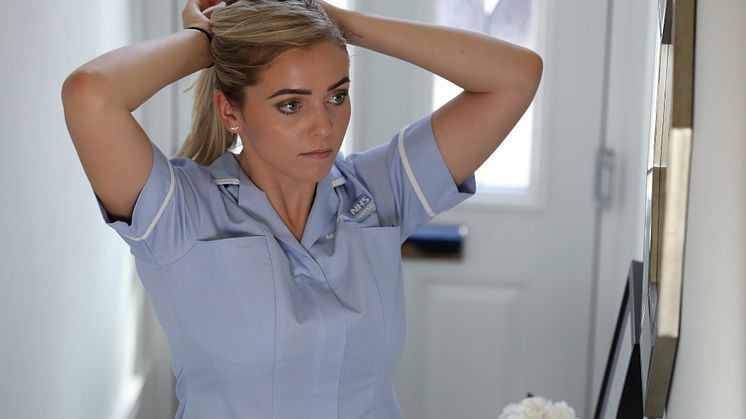
Stroke Association response to the NHS Long Term Workforce Plan
The Stroke Association welcomes the publication of the long-awaited NHS Workforce Plan.

The Stroke Association welcomes the publication of the long-awaited NHS Workforce Plan.
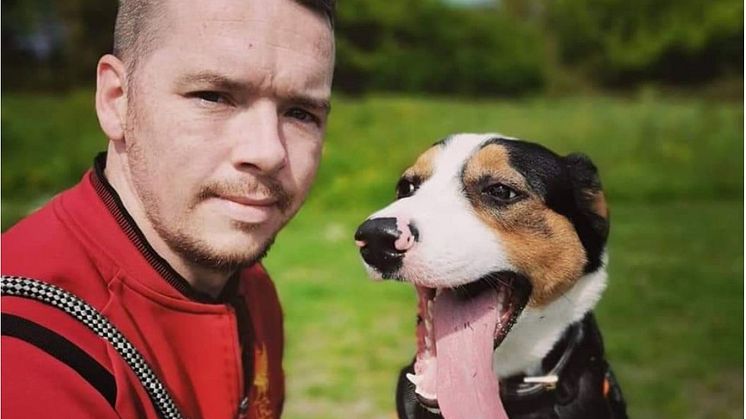
A stroke survivor from Warminster is calling for more public understanding of the speech and language condition which affects him and more than 350,000 other people in the UK.
Mark Docksey, 38, says there are often times when people think he is “either daft or drunk” because they make assumptions about his speech.
He has aphasia, apraxia and dysphasia, as a result of a stroke in November 20
The unplanned withdrawal of stroke services from Daisy Hill Hospital in Newry, Northern Ireland, is extremely worrying.
Alasdair O’Hara, the Stroke Association’s associate director for Northern Ireland, said: "It’s long been acknowledged that stroke services across Northern Ireland need transformed to improve outcomes for patients and create more sustainable, high-quality services.
"Yet, d

New research from the Stroke Association reveals a huge lack of public awareness and knowledge of aphasia - a language and communication disorder most commonly caused by stroke
New research from the Stroke Association reveals over half of the Welsh public (57%) have never heard of aphasia*, despite it affecting over 350,000 people in the UK1.
Aphasia is a language and communication disorder
Anything we can do to prevent the misery that stroke can cause is ultimately good news.
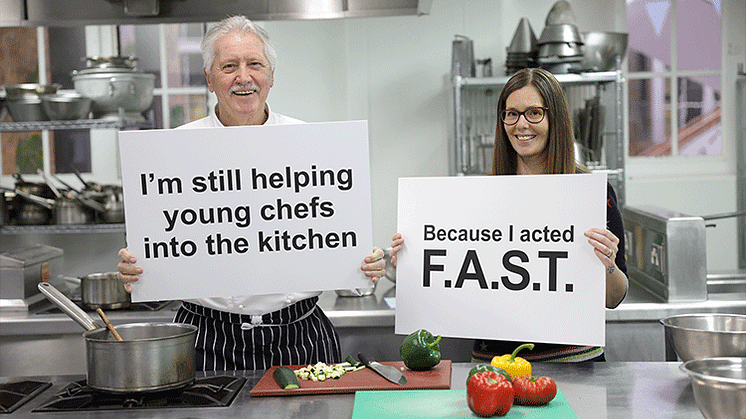
Moving photographic portraits of stroke survivors, alongside their stroke ‘savers’, will be unveiled, showing significant life moments they have been able to celebrate since their stroke
Spring budget 2023: "The workforce retention measures announced today are not enough to address the severe vacancy issues affecting stroke care right now."
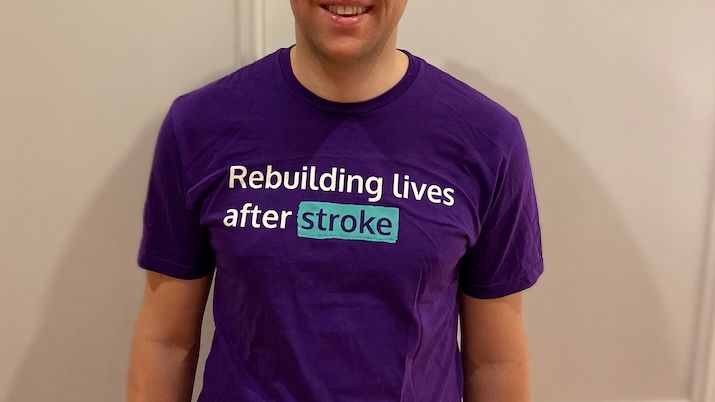
Cammy McKinnell, 37 from Troon is scaling the three highest peaks in Scotland, England & Wales for charity with eleven of his friends.
The challenge will take place on Friday 21st Saturday 22nd April, seeing them scale the three highest peaks of Scotland (Ben Nevis), England (Scafell Pike) and Wales (Snowdon) - all within 24 hours! The challenge involves a total hiking distance of 37km (2
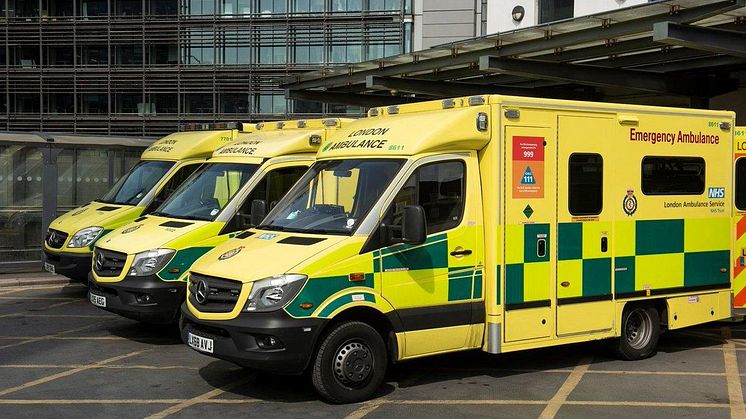
Juliet Bouverie OBE, Chief Executive of the Stroke Association said: “Today’s Recovery Plan comes at a crucial time - our urgent and emergency services are in crisis. Stroke patients regularly wait hours for an ambulance and we’ve seen a devastating deterioration in stroke standards. The Stroke Association has continuously raised concerns that this is putting stroke patients’ lives and recover

Responding to the latest annual Scottish Stroke Figures, the Stroke Association has expressed concern that people in Scotland are much more likely to have a stroke than those in the rest of the UK.
The latest data from Public Health Scotland suggests that the incidence rate for stroke (adjusted for age and sex) has decreased by just 2.4% since 2012/13.
John Watson, Associate Director for the
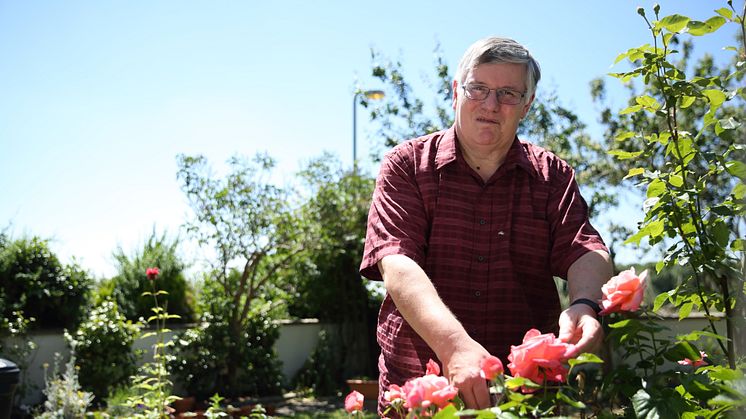
A stroke survivor from Wells is backing a charity’s plea for people to carry out a simple test on themselves in case they have a ‘silent condition’ which could cause a serious stroke.
The Stroke Association is urging people to mark Stroke Prevention Day on Thursday, 12 January, by checking their own pulse to make sure it’s not irregular.
Rick Hein’s stroke was caused by atrial fibrillation o
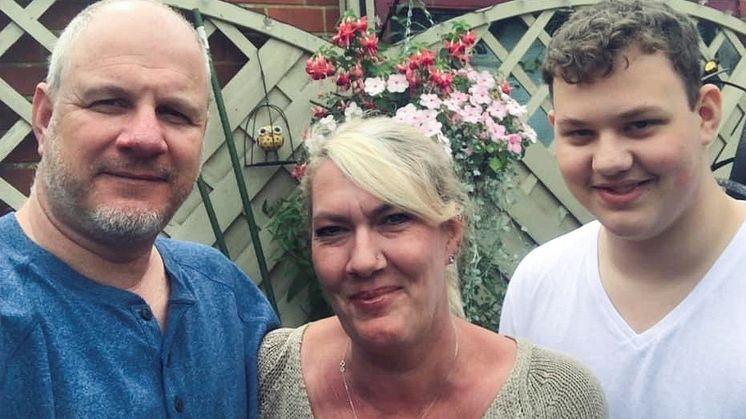
A stroke survivor from Hersham is backing a charity’s plea for people to carry out a simple test on themselves in case they have a ‘silent condition’ which could cause a serious stroke.
Michelle O’Connell’s stroke was caused by atrial fibrillation or ‘AF’, where the heart beats with an irregular rhythm. When this happens, the heart won’t empty all of the blood out of its chambers with every bea